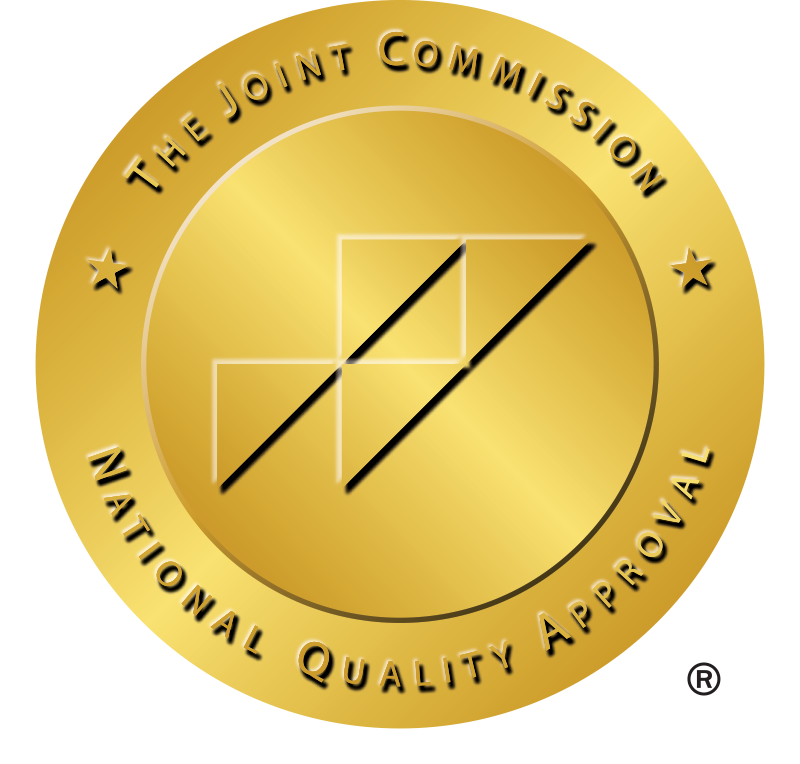Alcohol detox comes with withdrawal symptoms that can set in only hours after the last drinking session. While severity and frequency differ from person to person, there is a general timeline that alcohol detoxing follows.
The Alcohol Detox Timeline
As previously stated, the length of the detox process is different for each person. Withdrawal symptoms may vary too, but the general detox stages are as follows:
6 to 12 hours: Someone may have bouts of anxiety, insomnia, headaches, stomach pains, or nausea.
12 to 48 hours: Withdrawal symptoms may become more frequent and severe, and multiple symptoms may be experienced at once. Someone may also experience seizures or hallucinations.
48 to 72 hours: This is when people can begin to experience confusion, fever, sweating, high blood pressure or heart rate, and delirium tremens (DTs). DTs are potentially fatal and usually occur during this period, so medical supervision will be needed.
Over 72 hours: After the three-day mark, withdrawals tend to improve. Over the next few days, they will begin to go away. Once this stage is completed, a patient will be stabilized and can move on to further treatment.
The Connection Between the Detox Timeline and Withdrawals
The connection between the detox timeline and the withdrawals is clear. Since detox programs focus on withdrawal symptoms, there have become major points in the detox process that have been identified by healthcare workers. But just because these points in the timeline have been identified does not mean everyone will experience them.
Alcohol withdrawals begin once alcohol levels in a person’s blood drop below a level that their body is used to. Withdrawals can also occur when someone cuts back on the amount of alcohol they consume because the level is still lower than what their body is used to.
Common signs of alcohol withdrawal can include:
- Depression and anxiety
- Irritability
- Dehydration
- Extreme fatigue
- Sweating or heat flashes
- Mood swings
- High heart rate
- Stomach pains, nausea, or vomiting
Delirium tremens is the more severe alcohol withdrawal symptom, and these can include seizures and hallucinations. They happen in severe cases of alcoholism and can be fatal for close to 15% of cases.
If you or a loved one is struggling with alcohol addiction, now is the time to seek help. At Allendale Treatment, our Alcohol Detox program can help you or someone you love to safely detox from alcohol and get back to living a happy and healthy life.





